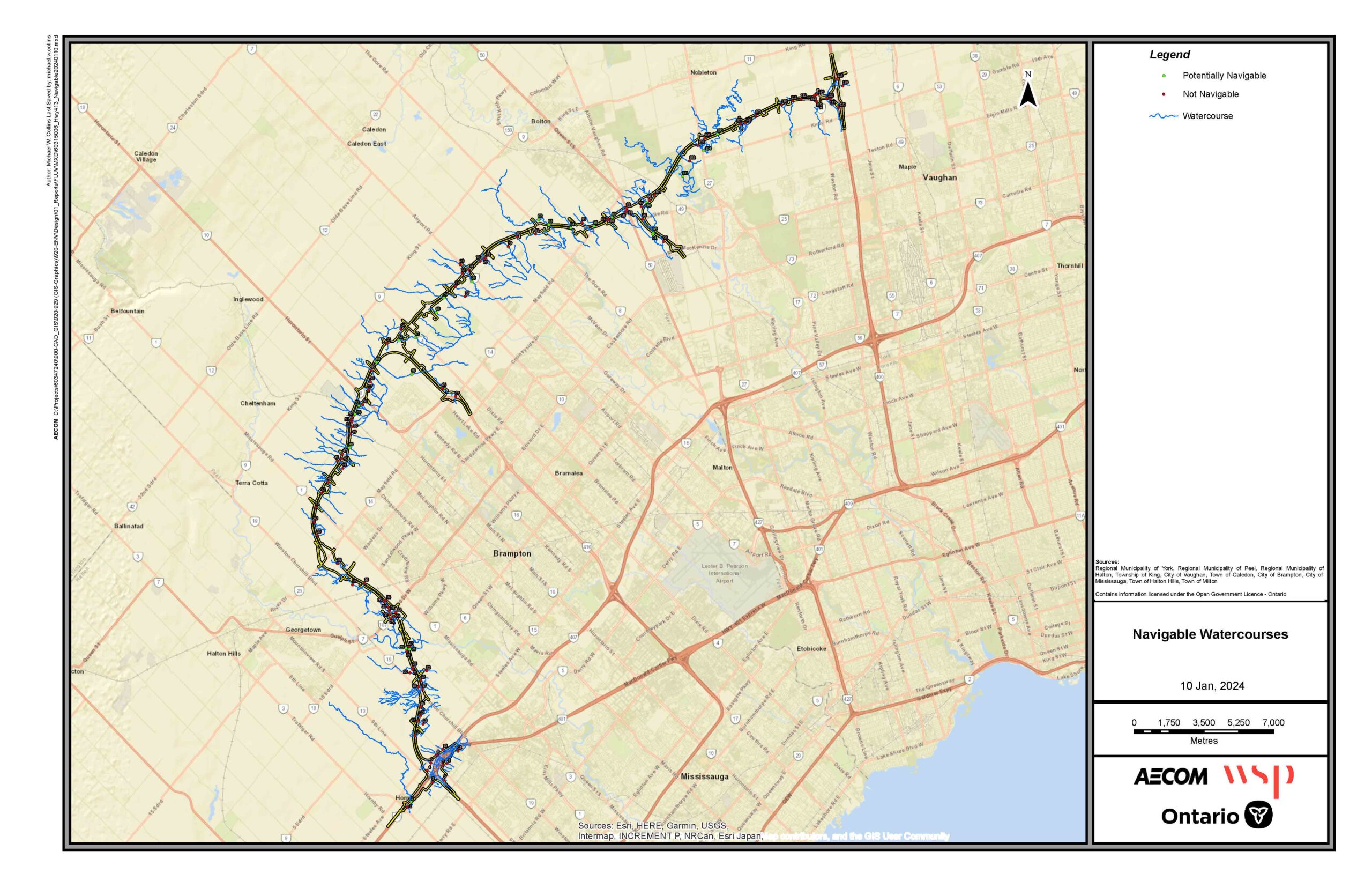Highway 413 Stage 2 Environmental Assessment: Permission To Enter (PTE)
Permission To Enter (PTE)
Field investigations are being conducted to inventory existing environmental and engineering conditions within the Highway 413 Project study area. Permission to Enter (PTE) grants the Project Team temporary access to private property at the consent of the property owner(s) in order to conduct these investigations. This important step in the Environmental Assessment (EA) process allows the Project Team to confirm existing conditions, determine anticipated impacts and develop appropriate mitigation measures along the Highway 413 Preferred Route.
Property owners within the Preferred Route were sent a PTE notification package, including a PTE letter, agreement, questionnaire, and fact sheet. Property owners in receipt of a PTE notification package are encouraged to follow the instructions below.

Step 1: Receiving your PTE Form
Property owners will be notified by letter and/or email and will receive a PTE form.

Step 2: Review and Sign your PTE Form
Property owners are requested to review and sign the PTE form. Please complete the Owner(s) name, mailing address, and the required email and phone number sections.
Where applicable, complete the associated questionnaire that is included in the PTE notification package.
If you would like to receive an electronic copy of the PTE form and questionnaire for e-signature, please email PTE@highway413.ca, with your first and last name, property address, PIN number and Key ID number (all found on the PTE form).

Step 3: Submit your PTE form and questionnaire to the Project Team
Return a signed copy to the Project Team by mail to:
ATTN: Nadia Dabagh
25 York Street, Suite 700
Toronto, Ontario M5J 2V5
Alternatively, you can email a signed copy to PTE@highway413.ca by February 13, 2023.

Step 4: Property Access
Property owners will be notified by a member of the Project Team three to five business days prior to field staff entering your property.
Property owner cooperation through the signing and returning of the PTE form is greatly appreciated.
Background, Progress to Date & Timelines
The Ontario Ministry of Transportation (MTO) is currently undertaking Stage 2 of the Highway 413 Transportation Corridor Route Planning, Preliminary Design and Environmental Assessment (EA) Project. Building on the recommendations from Stage 1, the Project will identify the route, determine interchange locations and complete the preliminary design for a new transportation corridor. The corridor will include: a 400-series highway, transitway and potential goods movement priority features.
The Phase 1 field investigation program was completed in December 2020. The Phase 2 field investigation program began in September 2021 and was completed in December 2022.
Phase 3 field investigations began in December 2022 and may continue until December 2024. Fieldwork is a vital aspect in Preliminary Design. It is a data collecting exercise that informs decisions on aspects like bridge designs, pavement types, interchange locations and configurations, etc. This data also allows us to identify existing environmental conditions and determine potential negative and positive impacts so that the negative impacts can be mitigated or avoided altogether.
Property Acquisition
If you receive a PTE form and are subject to a PTE requirement, this does not mean we will need to acquire your property. PTE will be used only to establish environmental conditions and assess the engineering feasibility of the new transportation corridor. Property acquisition requirements will be confirmed at the conclusion of the Preliminary Design.
Special Considerations
Please advise us if there are any special requirements or precautionary measures that staff should take while visiting your property. For example, if we need to accommodate sensitive farm operations, harvesting or seasonal breeding.
PTE Contact Information
If you would like to speak with someone directly regarding a specific question, concern or clarification related to the PTE process or form, please contact:
Nadia Dabagh, PTE Coordinator
Phone: 289-835-2519
E-mail: PTE@Highway413.ca
Nadia will provide you with a response within 3-5 business days.
Frequently Asked Questions
Field investigations allow researchers to assess the natural, socio-economic and cultural environments and conduct investigations to determine the most responsible way to move forward, while avoiding or minimizing negative effects. There are a wide variety of field investigations that can occur in support of this project (as outlined in the above Fieldwork Phase descriptions).
It is important to obtain information from field investigations to document existing conditions and avoid or minimize negative effects and develop appropriate mitigation measures for any areas containing significant/sensitive features.
© 2021 Highway 413 | Site by AECOM

